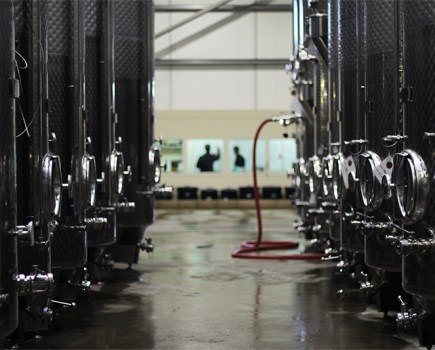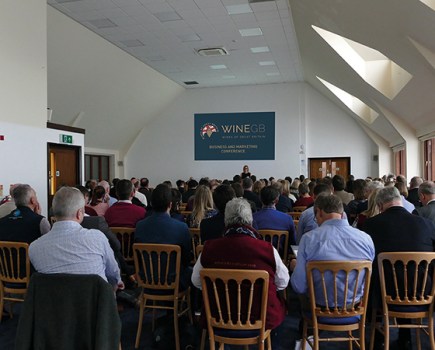In light of this year’s ridiculously big, quality harvest, I, like many, already can’t wait to taste the fruits of the industry’s labour. Whether that is some time next year for still wines or over the next three years or so for the sparklers, there is no doubt that there is going to be an abundance of interesting wine.
Amid the giddy excitement of just how incredibly perfect this entire year has been for UK viticulture, I was horrified to read suggestions on Twitter (and from an English and Welsh wine advocate at that!) that this bonanza harvest would only lead to lower English and Welsh wine prices as the laws of supply and demand take effect.
Although we may well be set to see the largest ever annual production of English and Welsh wine, which will at some point require more sales and marketing effort to get it to market, anyone contemplating dropping trade or retail prices to ensure that their wine is not left on the shelf must bear in mind a few things.
Firstly, UK viticulture is unpredictable and teeters on the borderline of viability as it is. Years like this should be considered as compensation for the poor years, not as an opportunity to reduce prices.
This month I coincidentally visited two estates whose owners also manage French vineyards. Both Christian Seely, of Coates and Seely (see page 20), and Ruth Simpson, of Simpsons Estate (see page 30), told me that while UK viticulture can be far more rewarding and exhilarating, there is without doubt a much heavier sense of uncertainty year on year as to whether the weather will be kind enough to deliver a good crop.
Many producers may be revelling over this year’s phenomenal tonnage, and while some have been despairing at the lack of available tank capacity (what a first world problem to have indeed) who knows whether next year will see a repeat of 2012, or worse.
Secondly, it is very difficult to increase prices in the future. Setting aside the unpredictability of forthcoming crops, it is almost certain that wages, fuel, machinery, winemaking equipment and excise duty will continue to rise.
Producers will already be feeling the pressure this month following Mr Hammond’s horrifically unwelcome decision to up the wine duty (as if the UK industry doesn’t pay enough already, see more on page 10) but despite much lobbying, this issue is not going to disappear overnight.
Regardless of how many bottles this year does amount to, discounting wine prices to make a quicker sale in the short term would be an irreversible and fatal mistake. Sparking a price race to the bottom would inevitably cripple the entire industry.
– Victoria Rose



